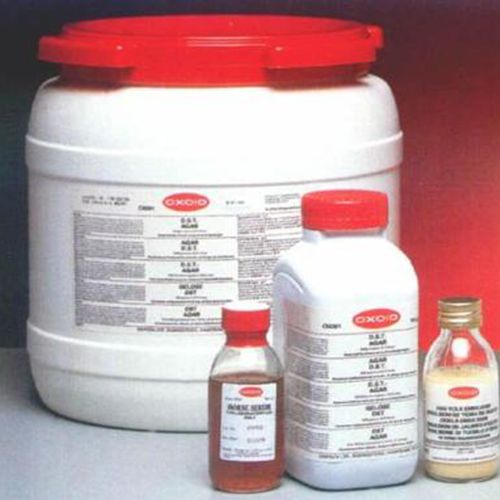Women's fertility declines with age, but women of the same age can have different ovarian reserves, so their chances of ivf pregnancy vary. Without any other problems in the reproductive tract (fallopian tubes, uterus and vagina), a woman's ovarian reserve predicts her ivf success rate.

Why should ovarian reserve be measured?
Ovarian reserve provides an estimate of the number and quality of the remaining eggs in a woman and the extent to which the ovarian follicles respond to hormonal signals. Measuring ovarian reserve can help overseas ivf doctors develop personalized ovarian stimulation plans. A loss of ovarian reserve does not necessarily mean that pregnancy is impossible.
A common way to test ovarian reserve is to measure hormone blood levels:
Follicle stimulating hormone hormone test
Blood levels of follicle-stimulating hormone (FSH) and estradiol were measured at the beginning of the menstrual cycle. This is usually done on day 3 of the cycle, but can also be done on day 1 through day 5.
Typically, FSH levels are lowest at the beginning of the menstrual cycle and then rise, causing the ovaries' ovaries, which contain eggs, to grow and the eggs to mature. With this growth, the follicles release estradiol. In turn, these higher levels of estradiol send feedback to the pituitary gland to reduce FSH. In cases of low ovarian reserve, FSH levels rise prematurely, causing eggs and follicles to start growing and estradiol to be produced earlier. With the release of this hormone, the eggs do not mature properly.
In general, women with higher levels of FSH or estradiol on day 3 were considered to have lower ovarian reserve.
Anti mullerian hormone test
The anti-mullerian hormone (AMH) test is another test for ovarian reserve, measuring AMH levels in the blood. AMH is a hormone secreted by follicles and is related to the number of eggs. The advantage of the AMH test is that blood can be drawn at any time of the menstrual cycle.
ultrasound
Ultrasound evaluations of the ovaries and uterus can also provide information that helps determine ovarian reserve. This includes sinus follicle count (AFC), ovarian volume and blood flow, and some uterine size.
Sinus follicles are small (2mm-10mm) follicles in the ovary. Transvaginal ultrasound can be performed early in the menstrual cycle to count sinus follicles. This number gives an estimate of how many eggs there are and predicts a woman's expected response to gonadotropin drugs used in ivf overseas.
Unfortunately, ovarian aging is irreversible. Once the eggs are exhausted, no new eggs can be produced. Hormone therapy (which consists of estrogen and progestin) and some non-hormonal therapies can be used to treat symptoms but are not good for fertility.
For women with low ovarian reserve who are trying to conceive, overseas ivf USES stimulating hormones to boost the number of eggs by stimulating the ovaries. Overseas ivf using third-party eggs is another possibility. Anyway, start having babies early.